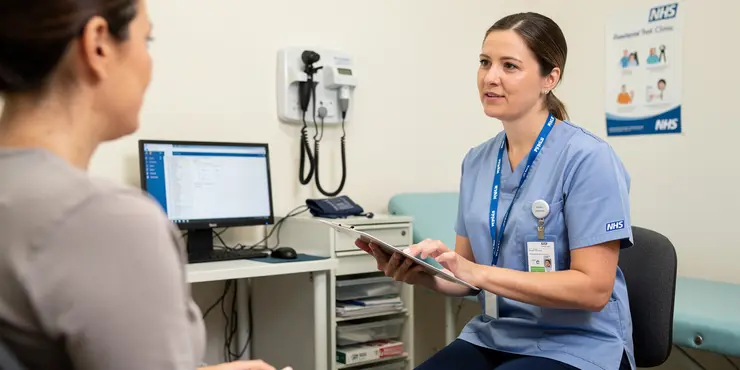
Find Help
More Items From Ergsy search
-
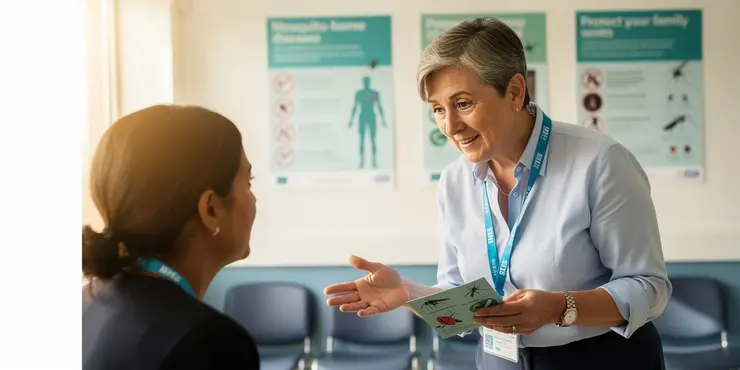
Are there any new mosquito-borne diseases emerging in the UK in 2025?
Relevance: 100%
-

Is there a season when mosquito-borne diseases are more likely in the UK?
Relevance: 99%
-
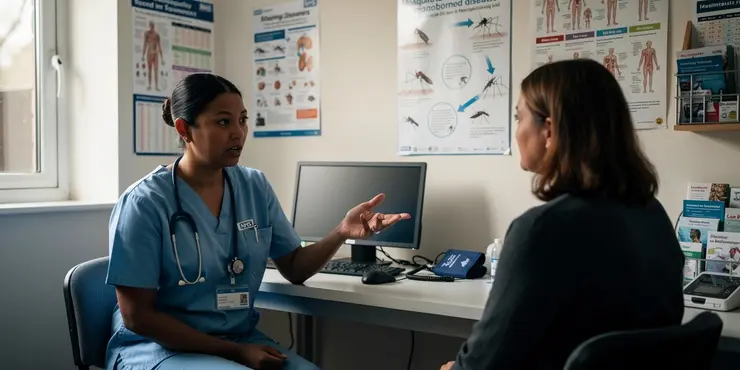
What regions of the UK are most affected by mosquito-borne diseases?
Relevance: 98%
-
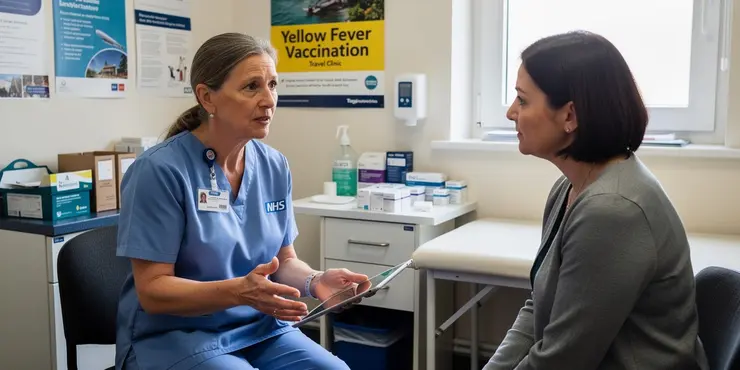
Are any vaccines available in the UK for mosquito-borne diseases?
Relevance: 95%
-

What research is being conducted on mosquito-borne diseases in the UK?
Relevance: 94%
-
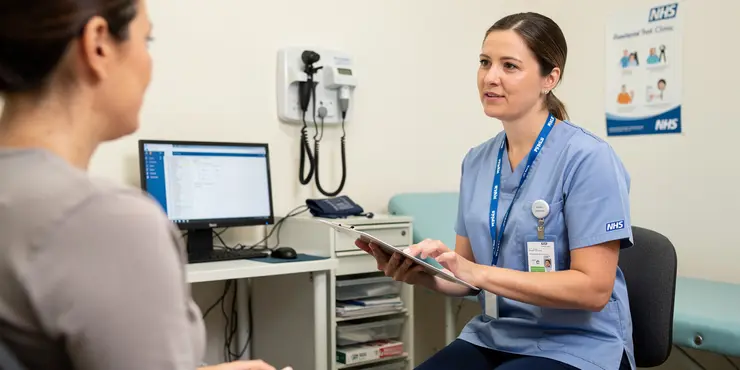
What should travelers to the UK know about mosquito-borne diseases?
Relevance: 83%
-
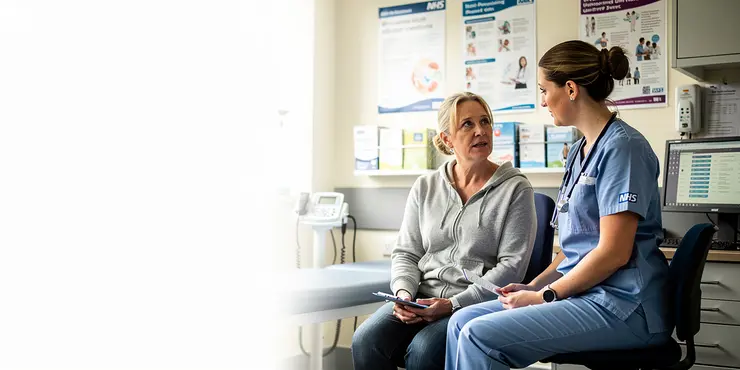
What symptoms should I watch for if I suspect a mosquito-borne disease?
Relevance: 81%
-
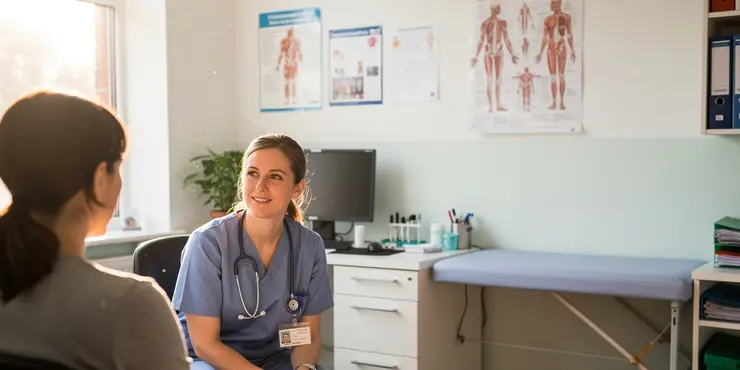
What diseases are spread by mosquitos in the UK in 2025?
Relevance: 77%
-
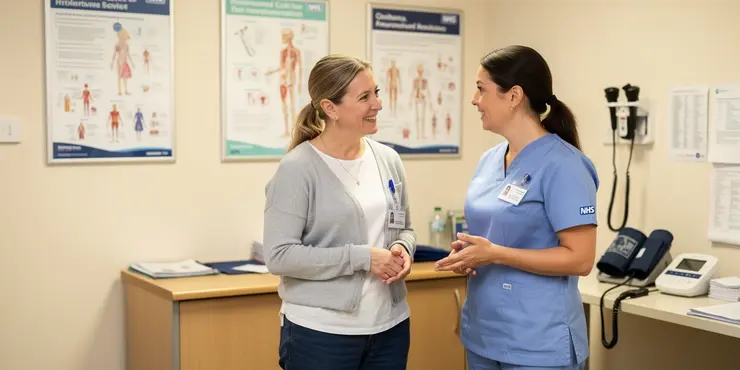
Do UK mosquitoes carry diseases?
Relevance: 72%
-
Can mosquitoes transmit any bacterial diseases in the UK?
Relevance: 70%
-

What measures are being taken to prevent mosquito-borne diseases in the UK?
Relevance: 63%
-
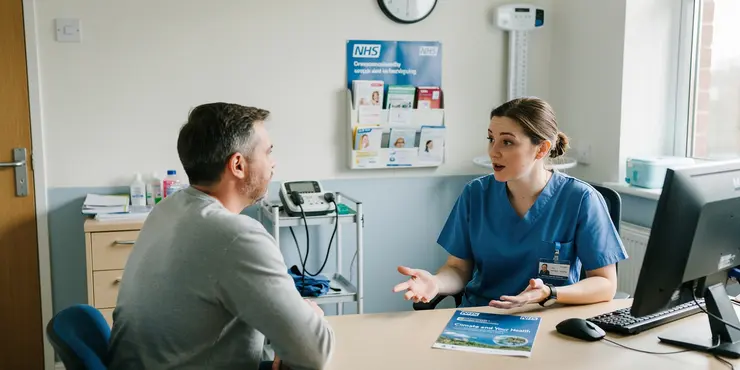
How do climate changes affect mosquito-borne diseases in the UK?
Relevance: 59%
-
Do all mosquitoes in the UK carry diseases?
Relevance: 56%
-

Is the UK government providing guidance on Zika virus for travelers?
Relevance: 55%
-
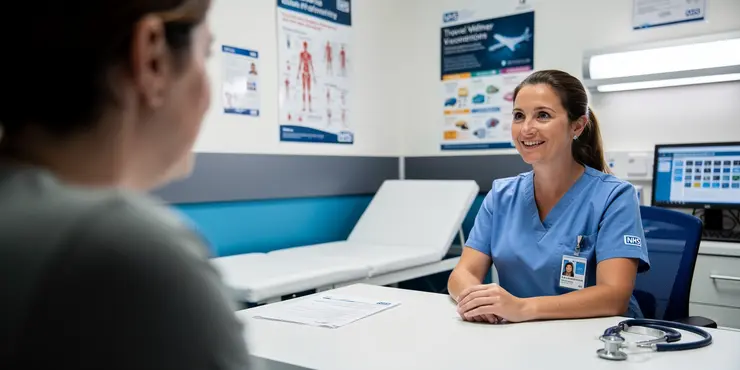
Should UK travelers be concerned about Zika virus?
Relevance: 52%
-

Can dengue fever be contracted in the UK?
Relevance: 52%
-
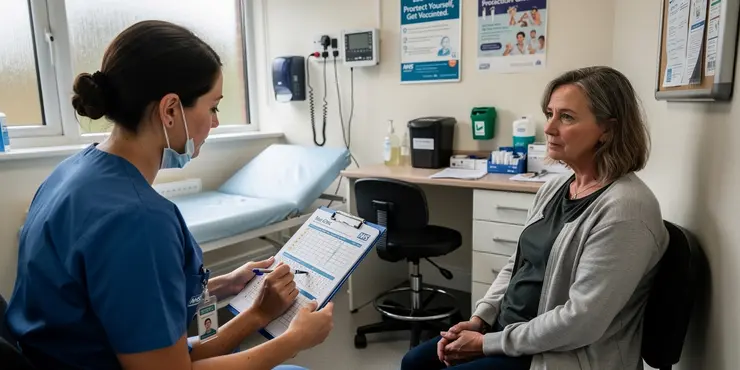
Is there a risk of yellow fever being spread by mosquitoes in the UK?
Relevance: 52%
-
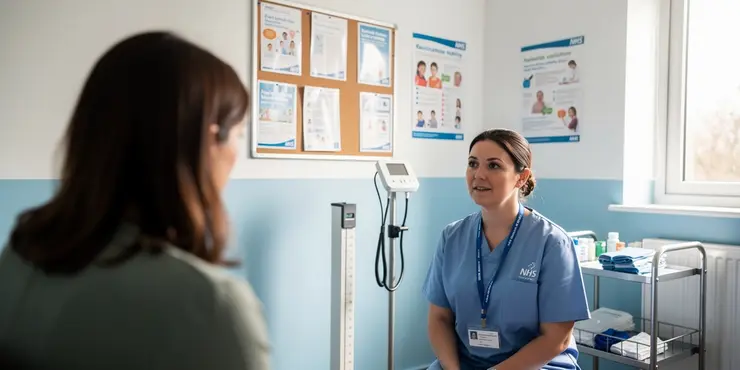
Are there any government initiatives to control mosquitoes in the UK?
Relevance: 48%
-
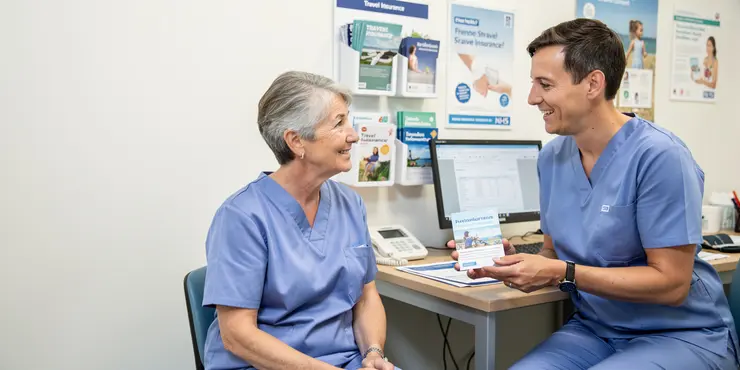
Do UK citizens need travel insurance for Europe?
Relevance: 47%
-

How can UK residents protect themselves from Zika virus when traveling?
Relevance: 46%
-
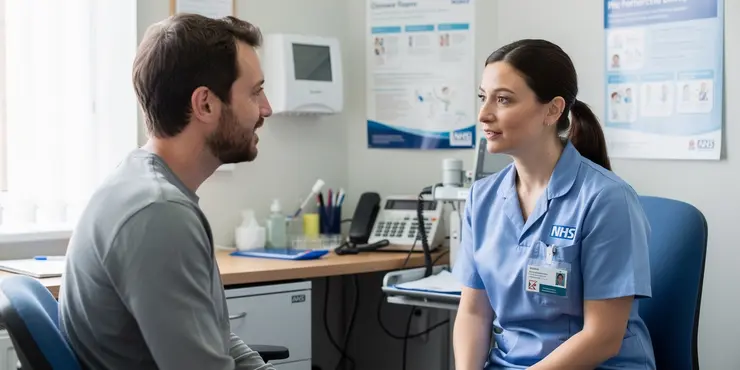
Are UK mosquitoes capable of transmitting Zika virus?
Relevance: 46%
-

Do UK citizens need a visa to travel to France?
Relevance: 46%
-
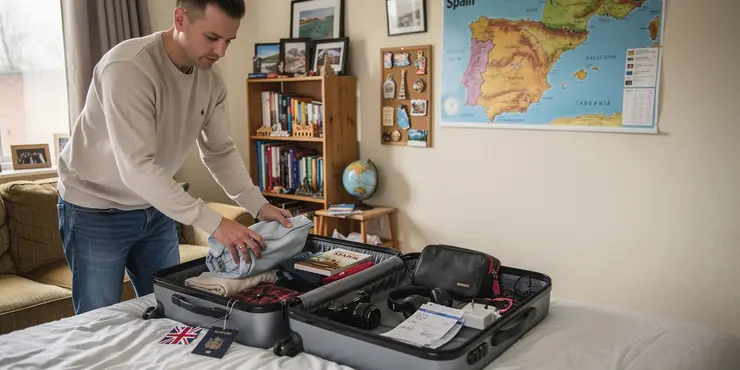
Can UK citizens travel to Spain without a visa?
Relevance: 46%
-

Are there border checks for UK travelers entering France or Spain by car?
Relevance: 46%
-
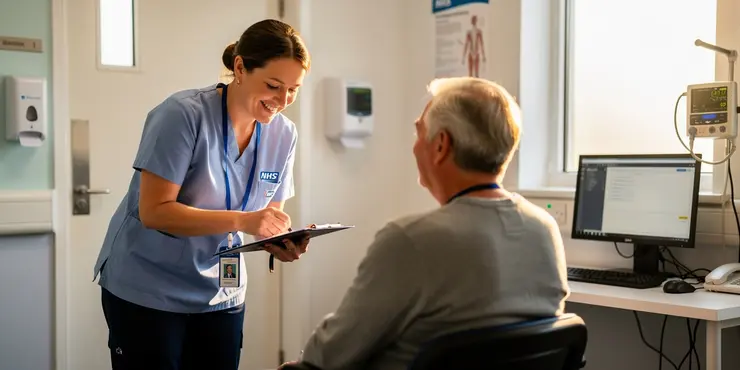
What are the rules for travel to France, Spain, and Europe on a UK passport?
Relevance: 45%
-
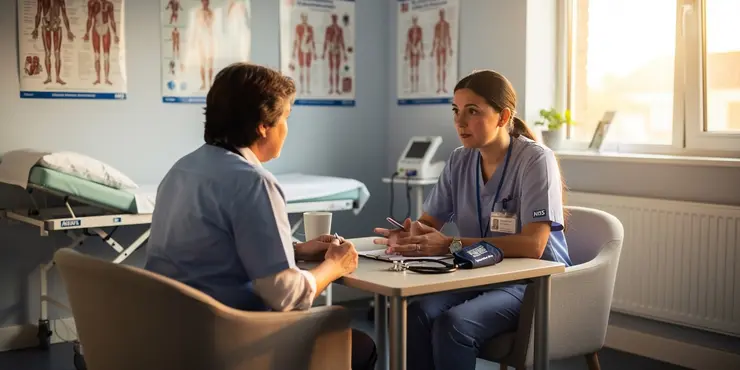
What should someone from the UK do if they think they have Zika virus after traveling?
Relevance: 43%
-
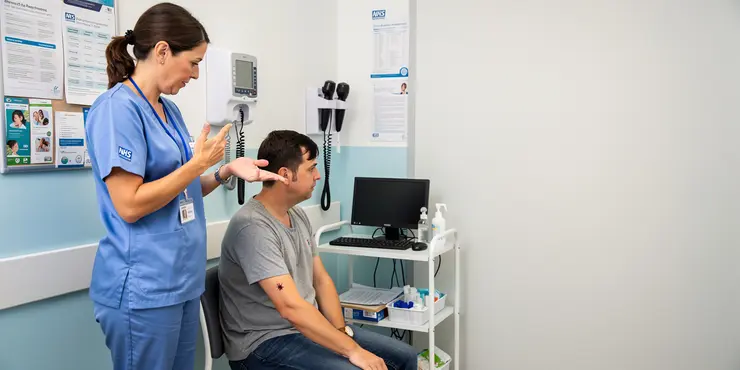
Do spiders in the UK carry diseases?
Relevance: 41%
-
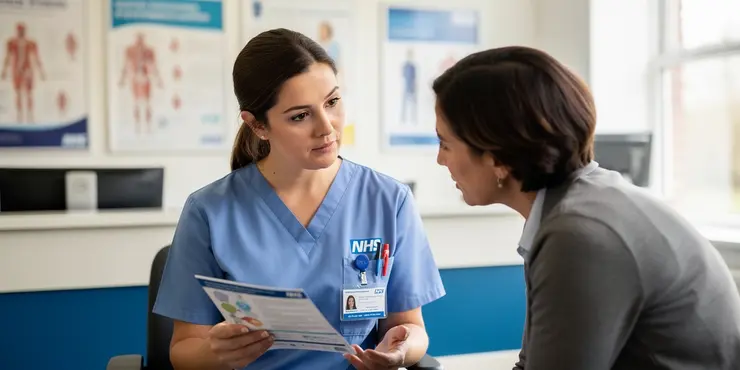
Is it necessary to get a measles vaccine before travelling?
Relevance: 40%
-

How common is Alzheimer's disease in the UK?
Relevance: 40%
-
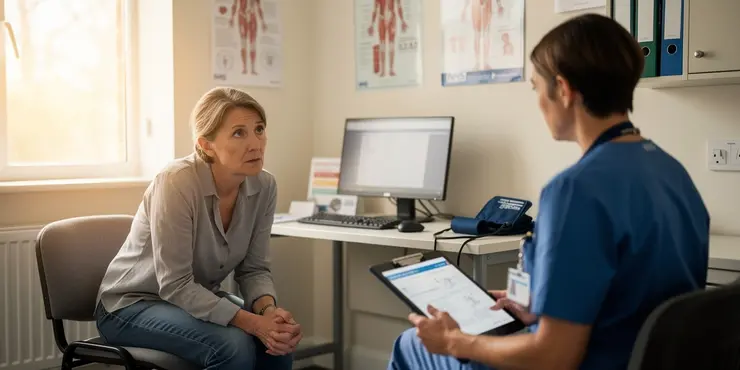
What support is available for people with Crohn's disease in the UK?
Relevance: 40%
-
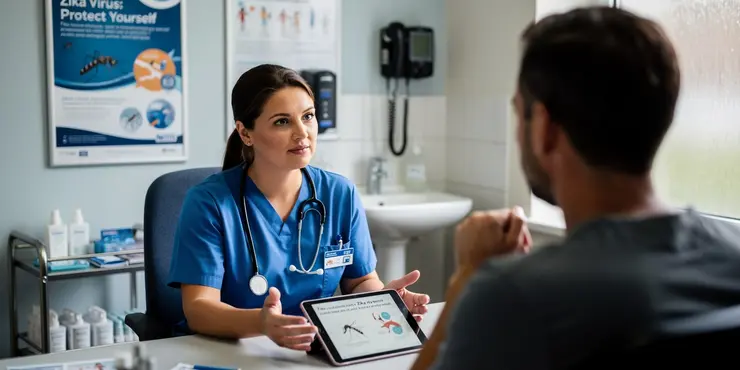
Is Zika virus present in the UK?
Relevance: 39%
-
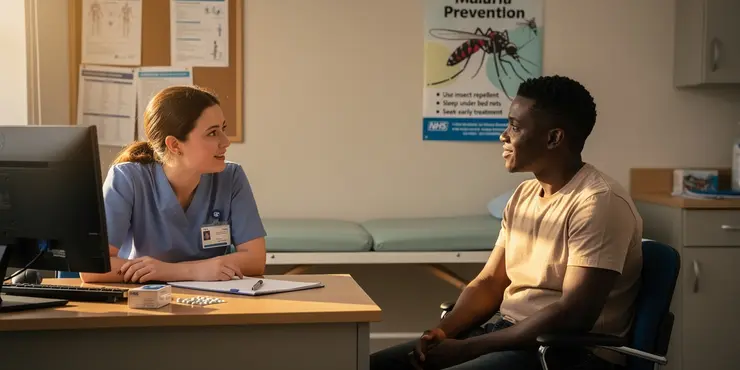
Is malaria spread by mosquitoes in the UK?
Relevance: 39%
-
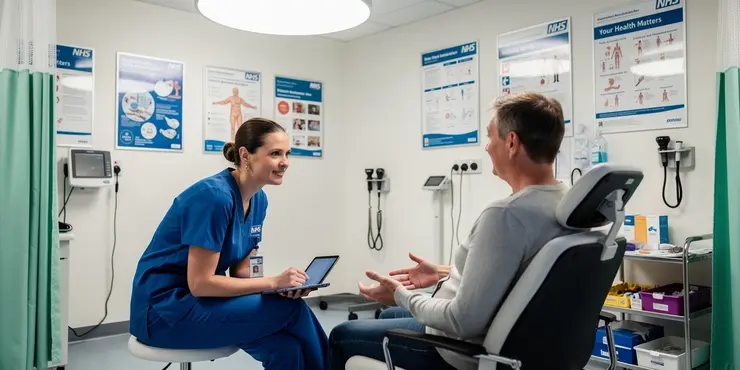
Does the UK have Zika virus?
Relevance: 39%
-
What are the COVID-19 travel restrictions for traveling to Spain?
Relevance: 39%
-

What is travel insurance?
Relevance: 38%
-
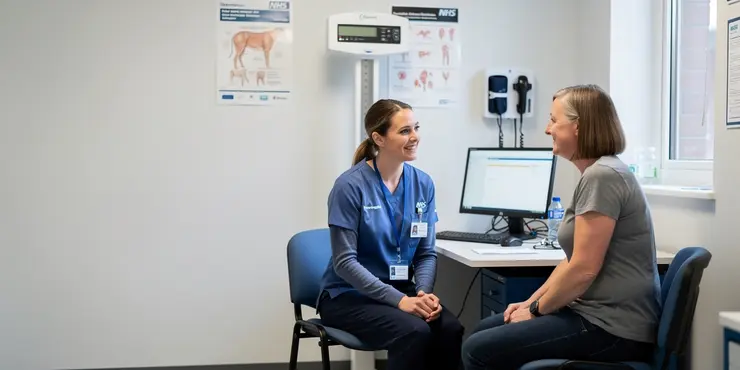
How prevalent is West Nile virus in the UK?
Relevance: 37%
-

Renewing travel insurance
Relevance: 37%
-
What are the meningitis vaccination recommendations for travelers to Hajj or Umrah?
Relevance: 36%
-
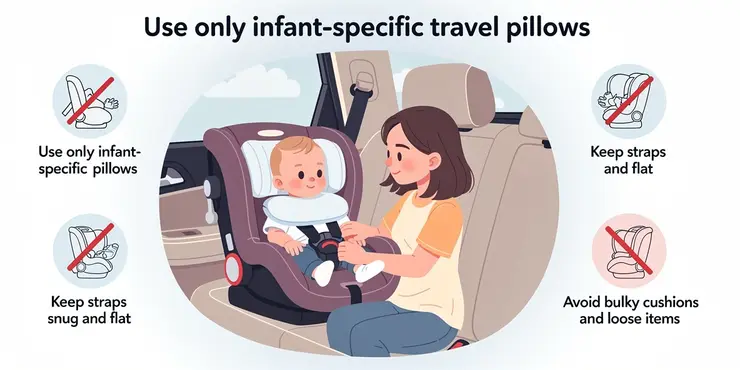
Are travel pillows for infants safe?
Relevance: 35%
-
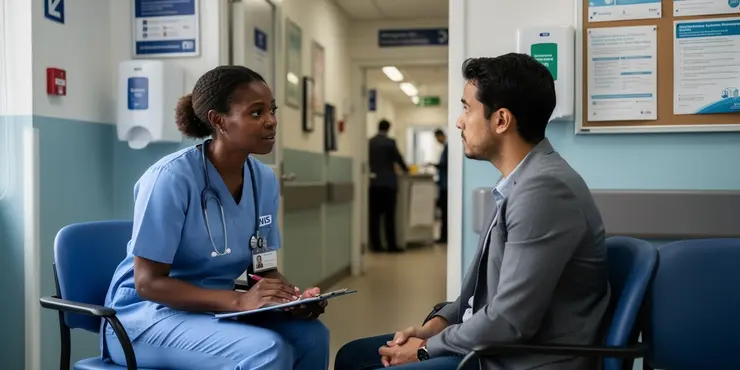
Can you travel with CBD?
Relevance: 35%
Introduction to Mosquito-Borne Diseases
Mosquito-borne diseases are illnesses transmitted by the bite of infected mosquitoes. These insects carry viruses and parasites that can lead to serious health conditions. While the UK is not a common destination for mosquito-borne diseases, travelers to and from tropical and subtropical regions should be aware of potential risks.
Mosquito-Borne Diseases in the UK
Historically, the UK has been virtually free of mosquito-borne diseases like malaria, dengue, and Zika. The climate in the UK does not support the life cycles of the mosquitoes typically responsible for these diseases. However, due to climate change and increasing global travel, there is a theoretical risk that these diseases could become more prevalent in the future.
Currently, the main issue is the importation of diseases by travelers returning from regions where these diseases are endemic. It is important for people traveling to the UK from affected areas to be informed about these diseases to prevent their introduction and spread.
Precautions for Travelers to and from High-Risk Areas
Travelers to areas where mosquito-borne diseases are prevalent should take preventive measures to avoid mosquito bites. These include using insect repellents, wearing long-sleeved clothing, and sleeping under mosquito nets, especially in areas where malaria is common. Vaccinations or prophylactic medications may also be recommended depending on the destination.
Upon returning to the UK, travelers should be vigilant for symptoms of mosquito-borne diseases and seek medical attention if they experience fever, rash, joint pain, or other related symptoms. This is crucial for preventing potential transmission and ensuring prompt treatment.
Travel Advice and Resources
The UK government and health organizations like the National Health Service (NHS) provide comprehensive travel advice regarding mosquito-borne diseases. Travelers are encouraged to visit official websites for the latest information and guidelines before traveling to affected regions.
The National Travel Health Network and Centre (NaTHNaC) and Public Health England (PHE) are valuable resources for UK residents to learn about mosquito-borne diseases and preventive measures. These organizations update information regularly to reflect the current global health situation.
Conclusion
While the risk of contracting mosquito-borne diseases in the UK is low, travelers should remain informed about the health risks associated with international travel. Staying educated and taking appropriate preventive measures can significantly reduce the likelihood of contracting and spreading these diseases. By understanding the risks and taking proactive steps, travelers can protect their health and contribute to safeguarding public health in the UK.
Introduction to Mosquito-Borne Diseases
Mosquito-borne diseases are sicknesses spread by mosquito bites. Mosquitoes can carry nasty germs that make people ill. In the UK, these diseases are not common. But if you travel to hot places, you should know about them.
Mosquito-Borne Diseases in the UK
The UK does not usually have diseases like malaria, dengue, or Zika. The weather here is not right for the mosquitoes that spread these diseases. But because of changes in weather and more people traveling, there is a small chance these diseases could come here in the future.
The main concern is people bringing back diseases when they come home from places where these diseases are common. Travelers should learn about these diseases to stop them from spreading.
Precautions for Travelers to and from High-Risk Areas
If you visit places with a lot of mosquito-borne diseases, protect yourself from bites. Use bug spray, wear long clothes, and sleep under nets, especially where malaria is common. You might also need vaccines or medicine, depending on where you go.
When you return to the UK, watch for signs of sickness like fever, rash, or joint pain. See a doctor if you feel unwell, so you get the right treatment and don't spread the disease.
Travel Advice and Resources
The UK government and NHS give advice about traveling to places with mosquito-borne diseases. Check official websites for the latest news before your trip.
The National Travel Health Network and Centre (NaTHNaC) and Public Health England (PHE) provide helpful information about these diseases and ways to stay safe. They update their advice regularly.
Conclusion
It's not very likely to catch mosquito diseases in the UK. But if you travel, it's important to know the risks. Learn how to stay safe and help keep these diseases out of the UK. By being careful, you can protect yourself and others from getting sick.
Frequently Asked Questions
Useful Links
This website offers general information and is not a substitute for professional advice.
Always seek guidance from qualified professionals.
If you have any medical concerns or need urgent help, contact a healthcare professional or emergency services immediately.
Some of this content was generated with AI assistance. We’ve done our best to keep it accurate, helpful, and human-friendly.
- Ergsy carfully checks the information in the videos we provide here.
- Videos shown by Youtube after a video has completed, have NOT been reviewed by ERGSY.
- To view, click the arrow in centre of video.
- Most of the videos you find here will have subtitles and/or closed captions available.
- You may need to turn these on, and choose your preferred language.
- Go to the video you'd like to watch.
- If closed captions (CC) are available, settings will be visible on the bottom right of the video player.
- To turn on Captions, click settings .
- To turn off Captions, click settings again.
More Items From Ergsy search
-

Are there any new mosquito-borne diseases emerging in the UK in 2025?
Relevance: 100%
-

Is there a season when mosquito-borne diseases are more likely in the UK?
Relevance: 99%
-

What regions of the UK are most affected by mosquito-borne diseases?
Relevance: 98%
-

Are any vaccines available in the UK for mosquito-borne diseases?
Relevance: 95%
-

What research is being conducted on mosquito-borne diseases in the UK?
Relevance: 94%
-

What should travelers to the UK know about mosquito-borne diseases?
Relevance: 83%
-

What symptoms should I watch for if I suspect a mosquito-borne disease?
Relevance: 81%
-

What diseases are spread by mosquitos in the UK in 2025?
Relevance: 77%
-

Do UK mosquitoes carry diseases?
Relevance: 72%
-
Can mosquitoes transmit any bacterial diseases in the UK?
Relevance: 70%
-

What measures are being taken to prevent mosquito-borne diseases in the UK?
Relevance: 63%
-

How do climate changes affect mosquito-borne diseases in the UK?
Relevance: 59%
-
Do all mosquitoes in the UK carry diseases?
Relevance: 56%
-

Is the UK government providing guidance on Zika virus for travelers?
Relevance: 55%
-

Should UK travelers be concerned about Zika virus?
Relevance: 52%
-

Can dengue fever be contracted in the UK?
Relevance: 52%
-

Is there a risk of yellow fever being spread by mosquitoes in the UK?
Relevance: 52%
-

Are there any government initiatives to control mosquitoes in the UK?
Relevance: 48%
-

Do UK citizens need travel insurance for Europe?
Relevance: 47%
-

How can UK residents protect themselves from Zika virus when traveling?
Relevance: 46%
-

Are UK mosquitoes capable of transmitting Zika virus?
Relevance: 46%
-

Do UK citizens need a visa to travel to France?
Relevance: 46%
-

Can UK citizens travel to Spain without a visa?
Relevance: 46%
-

Are there border checks for UK travelers entering France or Spain by car?
Relevance: 46%
-

What are the rules for travel to France, Spain, and Europe on a UK passport?
Relevance: 45%
-

What should someone from the UK do if they think they have Zika virus after traveling?
Relevance: 43%
-

Do spiders in the UK carry diseases?
Relevance: 41%
-

Is it necessary to get a measles vaccine before travelling?
Relevance: 40%
-

How common is Alzheimer's disease in the UK?
Relevance: 40%
-

What support is available for people with Crohn's disease in the UK?
Relevance: 40%
-

Is Zika virus present in the UK?
Relevance: 39%
-

Is malaria spread by mosquitoes in the UK?
Relevance: 39%
-

Does the UK have Zika virus?
Relevance: 39%
-
What are the COVID-19 travel restrictions for traveling to Spain?
Relevance: 39%
-

What is travel insurance?
Relevance: 38%
-

How prevalent is West Nile virus in the UK?
Relevance: 37%
-

Renewing travel insurance
Relevance: 37%
-
What are the meningitis vaccination recommendations for travelers to Hajj or Umrah?
Relevance: 36%
-

Are travel pillows for infants safe?
Relevance: 35%
-

Can you travel with CBD?
Relevance: 35%


